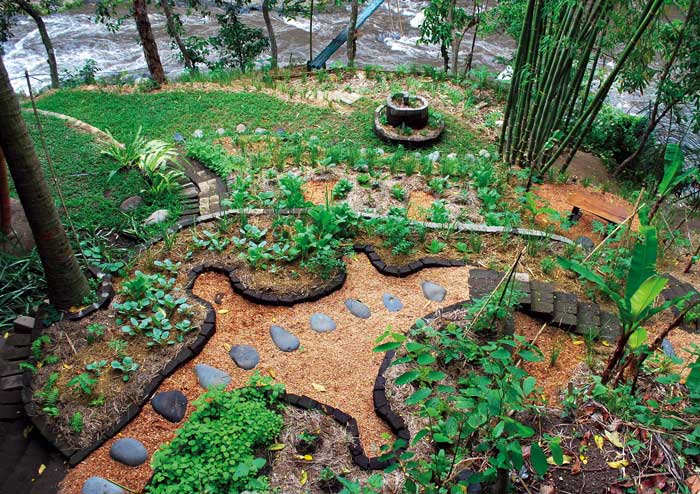The Harmony of Swiss CBD and Permaculture
What is permaculture? Permaculture can be described as a way of life. In the context of agriculture, its objective is to draw inspiration from ecosystems and traditional practices, such as observing nature and the land, to create a self-sustaining, cost-effective, and eco-conscious cultivation that respects both the environment and humanity. Essentially, it represents an ethical cultivation method that is fairly shared between nature and people.
We actively embrace this mindset within our company and plantations. Various flowers are deliberately planted with the goal of attracting wasps, which can aid in controlling natural predators of cannabis plants. Ladybugs are also introduced into our plantations for the same purpose of pest control. Earthworms play a vital role, as they enhance soil aeration, and we make every effort to ensure their well-being on our grounds. As for fertilizers, we use nettle-based solutions, and various other plants are strategically positioned in our fields to promote the exchange of nutrients between them and our primary crop. In other words, no chemical fertilizers or pesticides are used!
Nevertheless, permaculture also extends to daily life and one's way of being. It places a strong emphasis on mutual support, sharing, and exchange among all. This way of living and thinking can be applied to various domains beyond agriculture, including education, recycling, and local currencies—anything that can enhance community living and our immediate environment. With this in mind, we created the OVIC (Valais Organisation for the Interests of Hemp) with other members of the hemp industry in Valais.
For a bit of background, it was in the 1970s that Bill Mollison and David Holmgren established the foundations of their permaculture theory. Witnessing the adverse effects of industrial agriculture on soil fertility and biodiversity, they sought to develop a more stable and less damaging agricultural system for biodiversity. Over time, they incorporated social aspects into the philosophy, rendering it quite akin to the integral movement.

Do you want to know more about permaculture? Then check out our blog article about this subject !
If you want to find out more, you might like these links:
https://www.permaculturenews.org/what-is-permaculture/
https://www.bfh.ch/en/research/research-areas/permaculture/
https://www.alimentarium.org/en/fact-sheet/permaculture
Find also more information on www.permaculturedesign.fr/.
